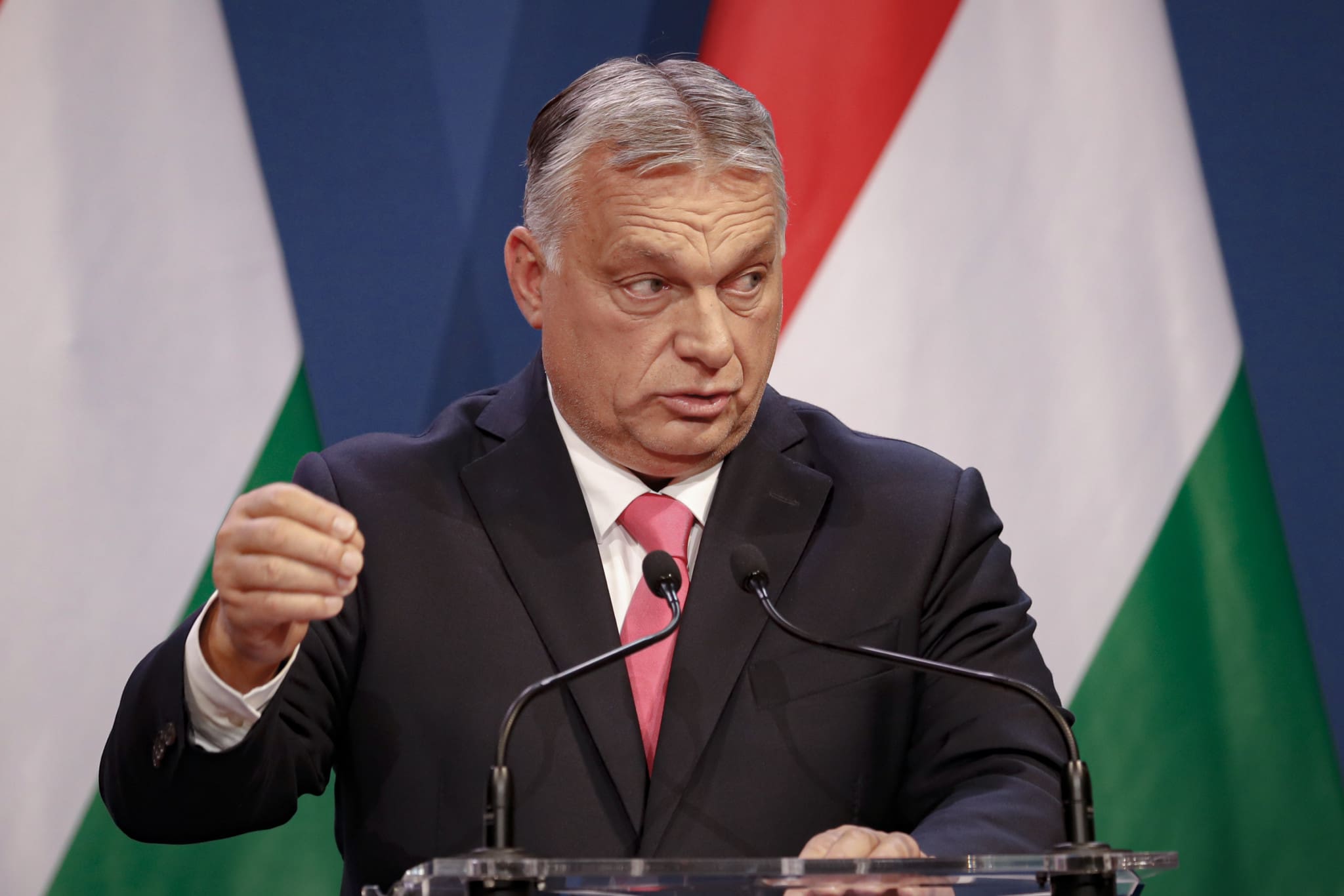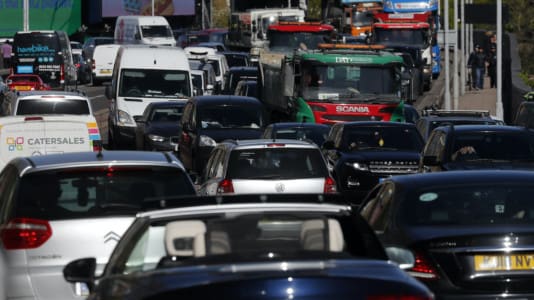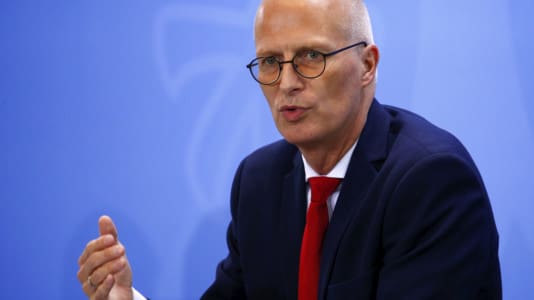This year, Hungarian Prime Minister Viktor Orbán brought his annual international press conference ahead by a month. During the conference, he outlined his vision for his country for the coming year and gave his account of the main topics that he expects will dominate the European political discourse.
He started his presentation with an overview of the Hungarian economy and the stimulus packages that the government had released in order to aid companies struggling with the consequences of the global pandemic. Orbán had confirmed that Hungary’s annual growth for 2021 will surpass the 6 percent mark, which is 1 percent above the EU average. For the next year, the expected growth is going to be around the 4 to 5 percent mark, granted this is only the case if his government remains in power after the April 2022 election, remarked the prime minister semi-jokingly.
The government supported economic investment by 1,735 billion forints, offering financial aid to some 1,400 enterprises. The government’s strategy for the economic recovery was not handing out social benefits to individuals, but to strengthen businesses, and let the economic effects of more employment and tax revenues trickle down to citizens.
Having said that, inspired by the Polish example, the Hungarian government will not collect income tax from young people under 25 years old, plus it will give a 13th month’s pension bonus to pensioners.
Orbán looks to upcoming referendum
Orbán outlined Hungary’s proposed child protection legislation as one of the greatest challenges ahead. Despite huge opposition from trans-rights NGOs and Brussels, he has promised a referendum on the matter that should decide who is ultimately responsible for the sexual education of children.
In the Hungarian government’s view, the ultimate responsibility for this matters lies with parents, not with gender activists. Orbán pointed out that there is a global trend to say that these matters should be taken out of the hands of parents, and the European Union is in line with these views, claiming that it is not parents’ exclusive right to determine the nature of their children’s sexual upbringing.
“In this matter, we reject the EU opinion, and will go our own way,” maintained the prime minister.
Hungary is the only European country where the matter will be decided by a referendum, and whatever the results may be, they will possess more democratic accountability than any other country. Hungary has in the past conducted several similar referendums, for instance about the matter of immigration.
Brussels’ policies are driving higher energy prices
Orbán also spoke about the debate regarding the global energy crisis that he attended on Thursday last week at the session of the European Council. He had pointed out that the meeting’s closing document does not contain any mention about energy prices, and this is due to the fact that participants could not agree on a common memorandum. The majority, however, had expressed their support towards nuclear energy, and natural gas. He expects the European Commission to reclassify nuclear as sustainable or green energy, because only with nuclear can climate goals be achieved. He also expressed his hopes that natural gas could be reclassified as green energy temporarily to allow investment in this form of energy, which would matter since banks currently refuse to give out loans to investment initiatives other than renewable green energy projects.
In Hungary, energy prices have been state-regulated over the past eight years, which has brought a lot of criticism from the EU’s leadership. However, this policy is what has protected Hungarian families from the two to threefold energy price hikes seen in Western countries.
PM Orbán stated that even in Brussels, people are starting to ask themselves whether the enormous rise in energy prices is not in fact due to the EU’s energy price regulations, which were introduced under the climate protection initiative.
The EU’s agenda led to certain energy companies and producers being burdened with extra taxes for using non-renewable resources, and as a result of this, these companies are unable to maintain profitability. To balance their books, they transfer the price hikes onto consumers and companies.
Yet, the European Commission plans will go even further, warned Orbán. Brussels wants to introduce taxes affecting car and property owners as well, because both commodities produce CO2 emissions. Brussels’ strategy is to force citizens to use less energy by making them pay more for both gas and heating.
Orbán: Europe must protect its cultural and national identity
As to the question of migration, Orbán warned that besides the Balkans and the Mediterranean, a third route has now opened through Belarus. He reaffirmed his earlier position, according to which the EU must abandon the Merkel doctrine that views borders and border fences as something unacceptable. The prime minister has also called on Brussels to support border protection financially, something that EU leaders are refusing to do.
Finally, Orbán addressed the recent rise in controversial judgements brought by the European Court of Justice (ECJ), that are in conflict with national constitutions. In its recent judgement, the Hungarian Constitutional Court (CC) had decided that whatever the ECJ’s advice, Hungarian authorities are obliged to protect the country’s borders.
“Therefore, Hungary will not change anything in its border protection and will let no one in,” said the prime minister
In a combative mood. In his interpretation, the Hungarian Constitutional Court had extended the question of human rights from individuals to the cultural context in which they live. It is not only the abstract concept of freedom that is worth protecting, according to Orbán, but one must include other values under the topic of human dignity, such as the cultural and national fabric in which one exists. No one has the right to change this, maintained Orbán. What we are surrounded by — culture, language, the people — these are an organic part of one’s dignity, just like our rights and liberties. The Hungarian government must protect these, concluded the prime minister.






